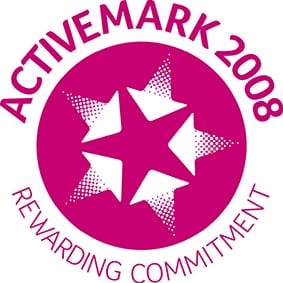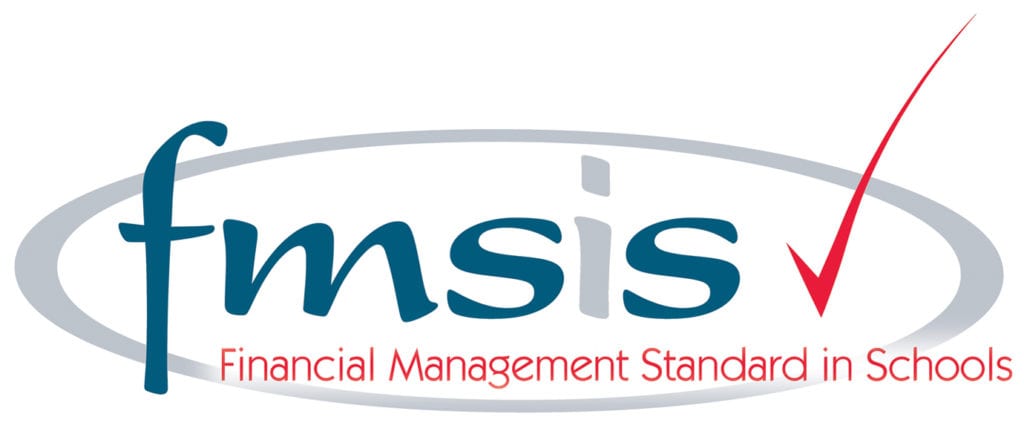Talking and Listening
Make time to listen to your child talking
As you meet them from their setting or school, as you walk, or travel home by car, in the supermarket as you shop, at meal times, bath times and bedtimes… any time! Switch off the TV, radio and mobile phone… and really listen!
Show that you are interested in what they are talking about
Look at your child, smile, nod your head, ask a question or make a response to show that you really have been listening.
Make a collection of different toy creatures
For example a duck, a snake, an alien. Say the sound it might make as you play together, for example ‘quack-quack’, ‘sssssss’, ‘yuk-yuk’ and encourage your child to copy you.
Listen at home
Switch off the TV and listen to the sounds, both inside and outside the home. Can your child tell you what sounds they heard, in the order in which they heard them?
Play-a-tune and follow me!
Make or buy some simple shakers, drums and beaters, then play a simple tune and ask your child to copy. Have fun!
Use puppets and toys
Make up stories or retell known ones. Record your child telling the story and play it back to them.
Blending and Segmenting
Sound-talking or Robot-talking
Find real objects around your home that have three phonemes (sounds) and practice ‘sound talk’. First, just let them listen then see if they will join in, for example, saying: ‘I spy a p-e-g – peg’. ‘I spy a c-u-p – cup’. ‘Where’s your other s-o-c-k – sock?’ ‘Simon says – put your hands on your h-ea-d’. ‘Simon says – touch your ch-i-n’.
Learning Phonics
Magnetic Letters
Buy magnetic letters for your fridge, or for use with a tin tray. Find out which letters have been taught – have fun finding these with your child and place them on the magnetic surface.
Making Little Words Together
For example, it, up, am, and, top, dig, run, met, pick. As you select the letters, say them aloud: ‘a-m – am’, ‘m-e-t – met’.
Breaking words up to do it the other way around
Read the word, break the word up and move the letters away, saying: ‘met – m-e-t’. Both these activities help children to see that reading and spelling are reversible processes.
Don’t forget the writing box!
Spelling is harder than reading words
Praise, don’t criticise. Little whiteboards and pens, and magic boards, are a good way for children to try out spellings and practice their handwriting. Your child might be trying to use letters from their name to write; this shows that they know that writing needs real alphabet letters. Make or buy an alphabet poster.
Early writing skills
Using their whole body
For handwriting children need to be well co-ordinated through their whole body, not just their hands and fingers. Games that help co-ordination include throwing balls at a target, underarm and overarm and bouncing balls – also skipping on the spot, throwing a Frisbee, picking up pebbles from the beach and throwing them into the sea. Have fun!
Hand and Finger Play
Action rhymes such as ‘Incy Wincy Spider’, ‘One potato, two potato’ and ‘Tommy Thumb’, are great fun and get their hands and fingers moving. Playing with salt dough or clay really helps strenghen little fingers, as does cookery and using simple tool kits.
Hand/Eye Co-ordination
Pouring water into jugs and cups of different sizes, sweeping up with a dustpan and brush, cutting, sticking, tracing, threading beads, completing puzzles, peeling off stickers and sticking them in the right place – these all help hand – eye co-ordination. Pencil Hold The pincer movement needs to be practiced. This is important as it enables children to hold a pencil properly as they write. Provide them with kitchen tongs and see if they can pick up small objects. Move on to challenging them to pick up smaller things, for example, little cubes, sugar lumps, dried peas, lentils, first with chopsticks, then with tweezers. Ask the children to peg objects to a washing line. Provide plenty of different types of pens and pencils; hold their hand to practice the correct grip.
Words
Set a timer
Call out one word at a time and get your child to spell it on a magic board or a small whiteboard, against the timer – remember, they can use magnetic letters.
Play a game
Hunt the word: hide words in the sand or flour, set a timer, hold up the word that you want them to hunt for and ‘go’! Repeat the word and encourage them to say – ‘I am looking for the word ‘the”.
Play ‘Paris’
Turn over two words at a time trying to find a matching pair. This is especially helpful with the trickwords – the, to, no, go, I. Don’t worry if they get some wrong! These are hard to remember – they need plenty of practice.







